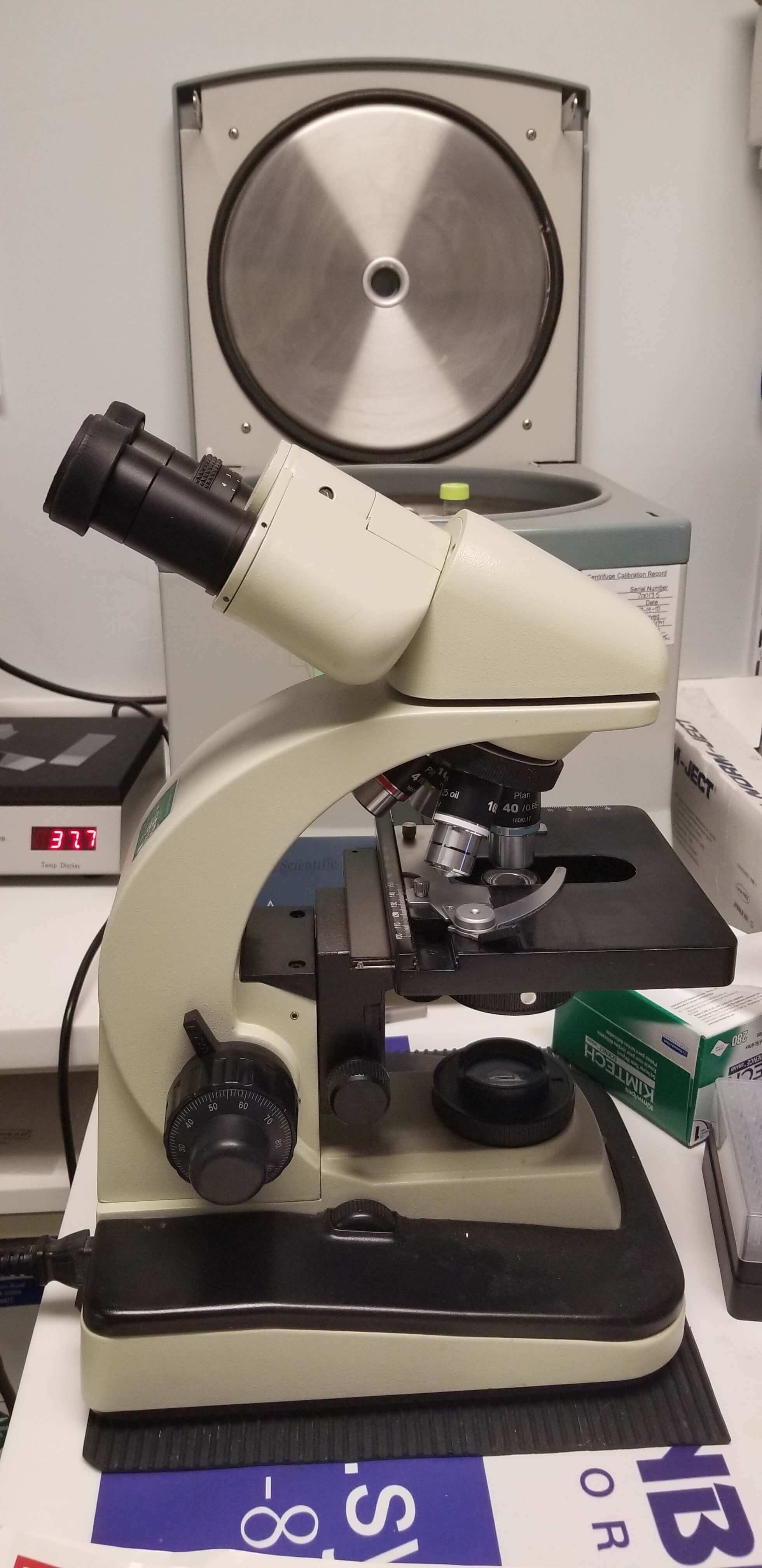No we're not talking about stepping outside on a cold winter day, shaking and shivering, and turning blue.
This has to do with freezing dog semen
Occasionally clients come in with objectives like wanting to preserve their dog's genetics over time, in case they find a female of superior quality in the future, wanting to ship semen internationally, wanting to have semen available in storage for use at a moment's notice when they otherwise may be showing, training or traveling with the stud dog, etc.
So what to do when the stud is otherwise unavailable or the demand for his use is too high to accomplish by natural mating?
Cryobiology is the science of freezing cells to temperatures so low that no further metabolic activity occurs. Essentially freezing the cell in a state of suspended animation (like you may have seen in some science fiction movie). Liquid nitrogen allows us to freeze things to a temperature of minus 196 degrees Celsius (brrrrr!). Cellular activity is normally suspended at temperatures lower than minus 100 degrees Celsius.
But you can't just collect a sample and stick it in a cooler or freezer and lower the temperature. Ice crystals will form as the cells cool gradually in the intracellular compartments containing water. So one must move the water out of the cell first or modify the medium surrounding the cell so that ice crystals cannot form. If ice crystals do form, then the cell will burst or the outer membranes will be permanently damaged on thawing.
Cryoprotectants are added to solutions used to store semen and freeze the sample to low temperatures. Molecules like glycerol enter the cell through its semi-permeable membrane and displace intracellular water. On thawing the reverse will occur as water re-enters the cell from dilution medium added to the thawed sample and glycerol is displaced again. The sperm can return to physiologic temperatures inside the tract of the female and resume its normal activity to fertilize eggs.
 Is the frozen sample as fertile as semen from a natural or extended sample?
Is the frozen sample as fertile as semen from a natural or extended sample?
Well... not really. Though there are many ways to manipulate these living cells, some damage inevitably occurs to the cell and its membranes throughout the freezing and thawing process. This may interfere with the cells' motility (and ability to traverse the female reproductive tract), its ability to bind and penetrate the egg (due to changes in the outer membranes) and its ability to undergo changes necessary to fertilization. As an example progressive motility is rated good at >70% in a fresh or extended semen sample, but 50% or greater would be good for frozen. Additionally the longevity of a thawed semen sample is not as long as that for fresh or cooled extended (about 7 days for fresh, 2-3 days for cooled and only a few hours for frozen/thawed samples). We do however, make up for these setbacks by timing ovulation in the female carefully and using techniques like surgical or transcervical endoscopic insemination to overcome the reduced longevity and expected lower motility of frozen semen.
Some additional advantages to consider are that some pathogens like bacteria and some viruses may not survive the freezing process so frozen semen can be an effective way of limiting pathogen transfer from dog to dog. Also a single semen collection can be divided into multiple breeding doses, which is not the case for a natural mating, permitting the use of a sire over more females.
Here at Newport Harbor Animal Hospital, Dr Mary Sebzda, DVM, DACT offers semen collection and evaluation for all types of breeding (natural planned matings, and artificial insemination using fresh extended, cooled semen and frozen semen). She would be happy to discuss and goals, plans or special concerns you have about a breeding stud.
Our Pet Health Mission
Our mission at Newport Harbor Animal Hospital is: "To provide the highest quality veterinary care for our patients and the best service for our clients. Our goal in every case is a healthy pet and a happy client."
